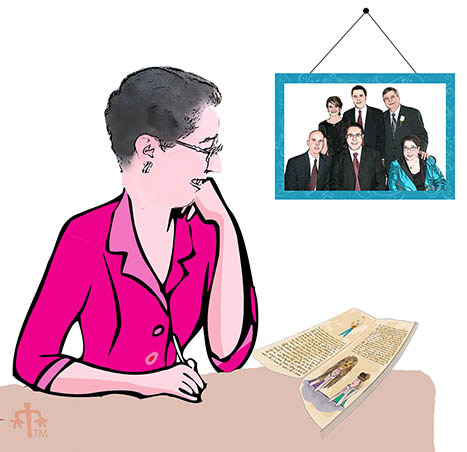Grandchildren are parents’ reward for raising children of our own. We begin anticipating the arrival of grandchildren from the day we learn that our kids are getting married. We dream about places our little people will take us, and the memorable things they will do. Our lives are enriched simply because they exist. I’ve seen it doesn’t take long, however, for pure joy to be tempered by a realization that our grandparent role may be more limited than we had planned. For example, as a friend of mine recently discovered, something changes when our adult children become parents and see our tremors and dyskinesia in a new light, as if for the first time. We suddenly appear more weak, frail, and off balance than they remember, and they are reluctant to have us hold their new baby; our grand baby. Many healthy first time grandparents feel unsure of themselves caring for a newborn after so many years. Add shaking from Parkinson’s into the mix and just about everyone is experiencing new territory.
I treasure memories of Sunday afternoons spent with my grandmother. She told me stories of her own youth, taught me children’s songs in French, and played card games with me. When I stayed overnight at her place, she spoiled me with breakfasts of Cocoa Puffs swimming in half and half, a treat I would never get at home.

|

I always assumed that I’d have this special relationship with my own grandchildren, but now I fear that Parkinson’s could try to rob me of this long-awaited experience. This is why my heart goes out to those who share with me their very real stories of fear, trepidation, and uncertainty on becoming a new grandparent. I encourage them to fight back by keeping a grandparent journal. Guided questions help us recall our earliest memories and include them as part of the life stories that we will gift to our grandchildren, so they can carry part of us forward into the future. With each memory we share, we hand over a piece of who we once were before Parkinson’s co-opted our brains. This is how I intend to move forward, and this is how all of us can beat Parkinson’s.

top
|






